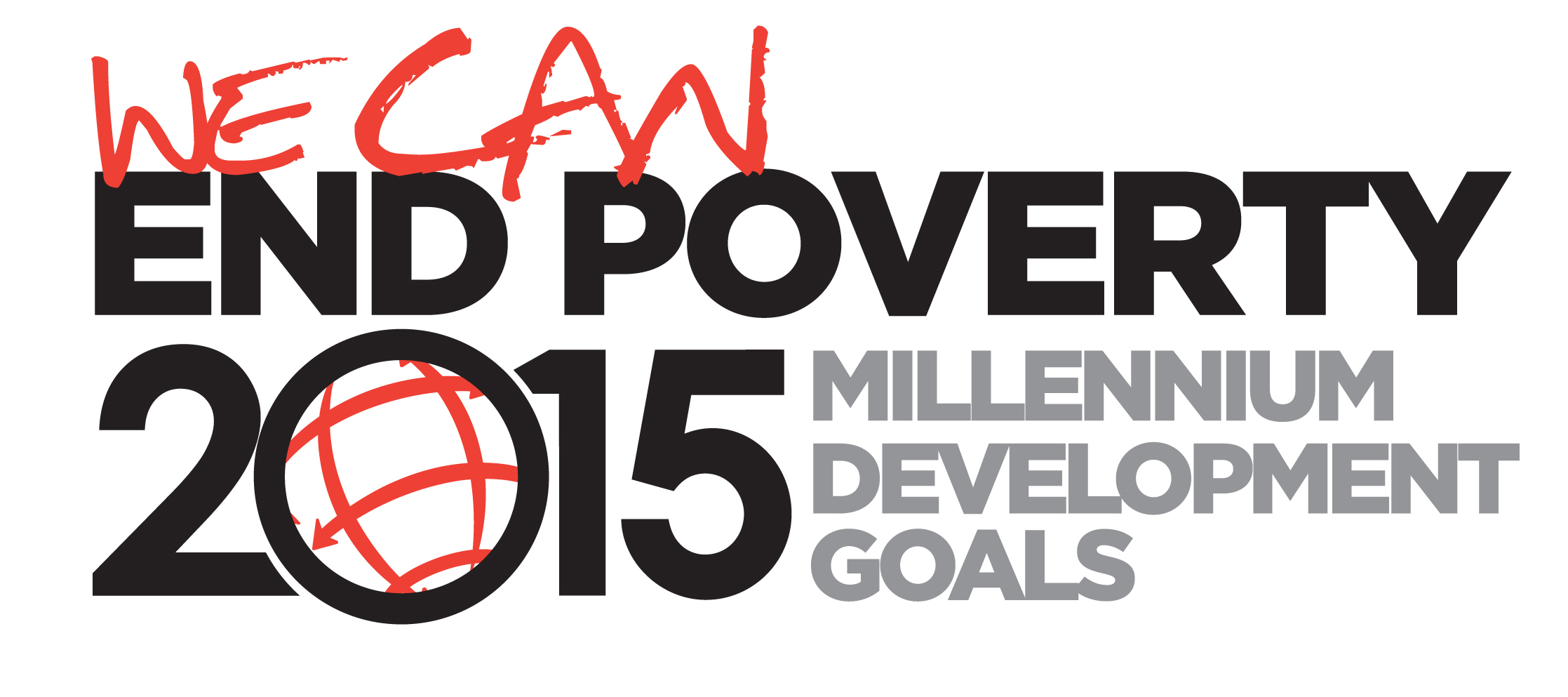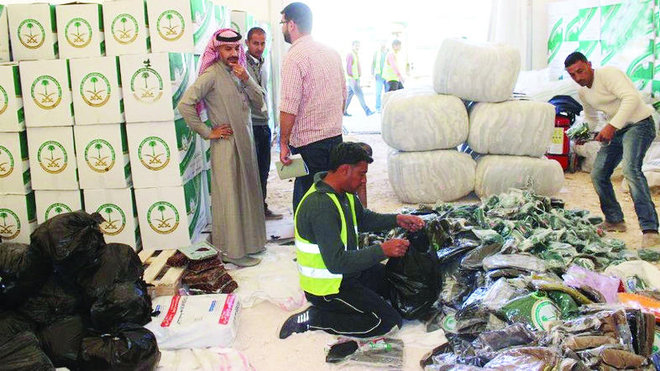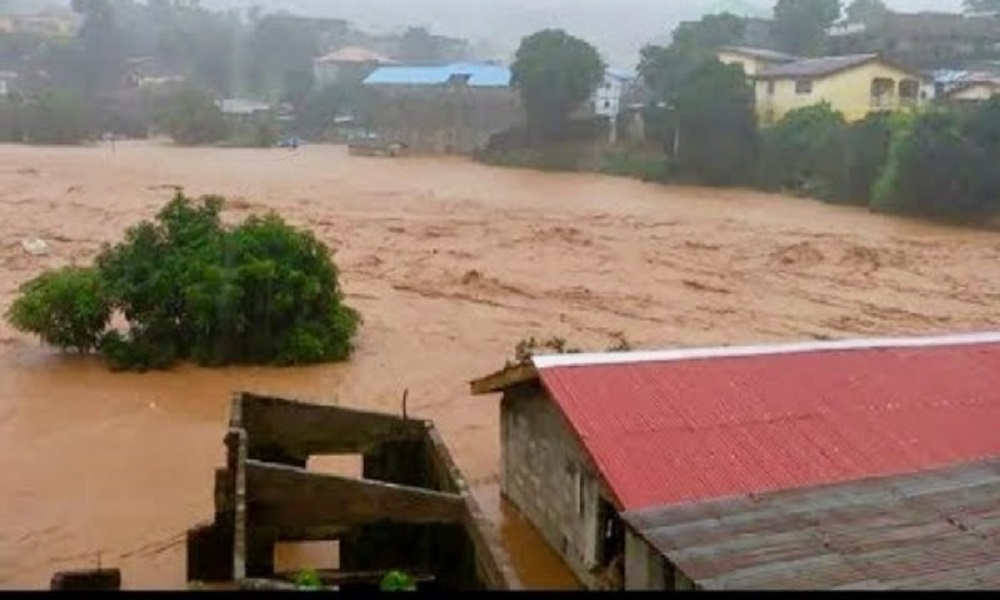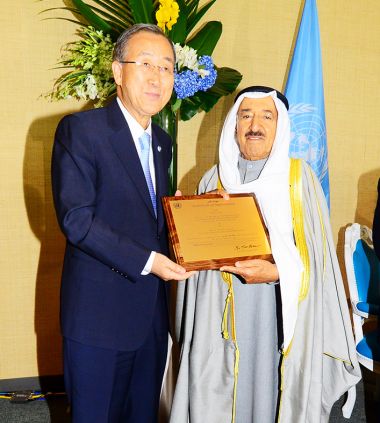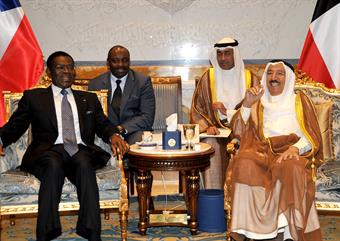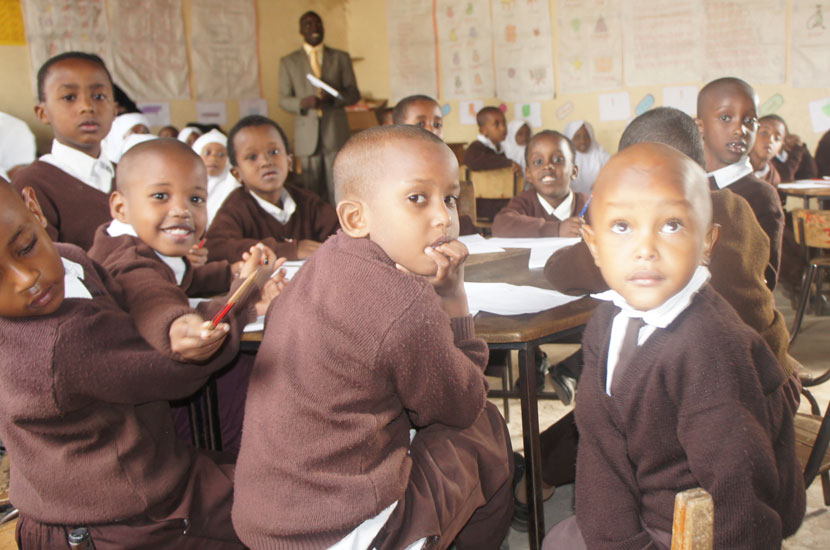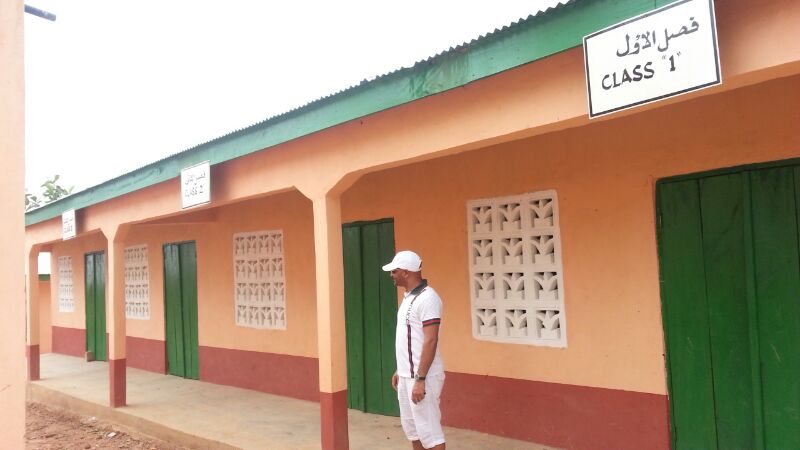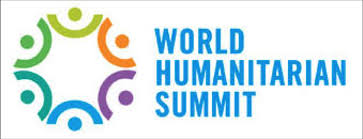Category Archives: Others
World Humanitarian Support
From 2015, Saudi Arabia has donated more than $115 billion to more than 90 countries all over the world.
Kingdom of Saudi Arabia has been the most generous monarchy in the world in the field of development and humanitarian aid over the past two years.
Kingdom of Saudi Arabia donated, during this period, more than $115 billion to more than 90 countries all over the world.
The Kingdom of Saudi Arabia has always led other kingdoms in terms of the application of humanitarian values and principles in relief and support.
Kingdom of Saudi Arabia also signed a number of agreements to extend food and medicines, in addition to other needs for mother and child affairs, and to rehabilitate health institutions in Yemen.
Royal Group Charity would like to extend its support and encouragement to the Kingdom of Saudi Arabia for its goodwill to the international world.
Appealing For International Help
Royal Group Charity Foundation appeals for international help as rescue workers recovered nearly 400 bodies from a mudslide on the outskirts of the capital Freetown.
Royal Group Charity is working with Sierra Leone to coordinate rescue efforts for victims of devastating mudslides and torrential flooding that have killed more than 300 people in and around the capital Freetown.
The Red Cross estimates 3,000 people have been left homeless by the disaster, with the figure expected to rise, while communications and electricity have also been affected.
We have pre-positioned vital aid supplies and helped prepare the country’s response to disasters. The mudslides in Freetown have been described as the worst natural disaster to strike Sierra Leone, a country that has already suffered from a decade of civil war and an Ebola outbreak that killed more than 8,000 people.
So far, more than 300 people had been killed and 600 people were still missing after torrential weather struck the country’s capital Freetown and surrounding area.
An estimated 3,000 people have been left homeless by the disaster.
Many victims were trapped in homes buried under tons of mud and more bodies are expected to be found as floodwaters recede, according to the West Africa nation’s national broadcaster.
Royal Group Charity will continue to stand by the people of Sierra Leone.
Charity is the GCC Tradition and The Amir of Kuwait is the Humanitarian Leader
Charity is the GCC Tradition and The Amir of Kuwait is the Humanitarian Leader
Royal Group Charity Foundation confirmed that the act of honoring His Highness the Amir Sheikh Sabah Al-Ahmed Al-Jaber Al-Sabah by the United Nation Organization is considered a historical event and a remarkable evidence of charity and love all over the world.
Royal Group Charity Foundation expresses its sincere congratulations and blessings to His highness the Amir for having the title of Humanitarian Leader.
We further express his praise for the leading role of charitable work through long decades of partnership and cooperation with association and international organizations such as the United Nations Relief and Works Agency and the United Nations Office for the Coordination of Humanitarian Affairs and other national and international associations working in the humanitarian field.
Kuwait is well known for supporting people all over the world who are suffering from humanitarian disaster.
The establishment of the Kuwait Fund for Arab Economic Development is a mechanism extended to disperse grants to people in need all over the world, aimed primarily at construction, health and education.
Today, the amount of money dispersed by Kuwait specifically for humanitarian aid is in abundance.
Kuwait has contributed over $4.1 billion to humanitarian efforts recently and it has been acknowledged that per capita, Kuwait is by far the most generous contributor in the world.
The United Nations Secretary General officially acknowledged that we are blessed with a great humanitarian leader of our world.
HH the Amir has also worked to encourage other donor nations to provide more support during this time of humanitarian crisis and to contribute to supporting the victims of humanitarian disasters.
Children’s Welfare & Education
Royal Group Charity Foundation ‘A B C’ (African Bright Children) Education Guide
Thanks to our founder and supporters, we are providing access to education for children in one of Africa’s poorest countries, Democratic Republic of Congo. This is a country where families struggle to survive and meet the most basic needs, and many children must earn a living as well to support their families. For example, they may be fetching water or selling goods at the market. We began our A,B,C guide in 2015, and so far have helped over 600 children attend school.
Children in DRC start attending primary school at six years old. The government pays for primary school fees, but other expenses are the responsibility of parents. School uniforms, pens, shoes and books are costly, and as a result, many children don’t go to school. Our annual “A B C” guide provides these supplies, ensuring that vulnerable children receive education.
Secondary school students are also benefiting from Royal Group Charity Foundation’s A,B,C guide. Children aged 12 to 18 can attend secondary school, allowing parents to send their children through this higher level of learning, without the financial burden.
As one of the world’s poorest countries, DRC faces severe challenges in providing quality, affordable education to every child. After experiencing a long civil war, DRC saw many of its schools destroyed, as well as extreme teacher shortages and a lack of access to educational resources.
Many children are forced to walk long distances to get to the nearest school. In addition to problems around access to education, children often face health issues that prevents them from going to school. The most prevalent health issues are communicable diseases such as malaria and HIV/AIDS. The government has increased funding for free basic education, but challenges remain in terms of quality of education and rising drop-out rates as a result of household hunger. Girls face even bigger issues when they reach puberty. Due to lack of separate washrooms for boys and girls, early marriage and teenage pregnancies, girls tend to drop out more.
Our annual A,B,C guide helps children with access to education. You can help end the education crisis in Africa by supporting our A,B,C guide and helping donate raw materials directly to schools and institutions in Africa.
Royal Group Charity also supports individual children. By providing school supplies, basic needs such as food, school uniform, and a health care card, which allows the child to access medical services. Some children are orphans, others may have parents who may be living in impoverished conditions.
Royal Group Charity firmly believes that education is an important tool in breaking the cycle of poverty in Africa. Children no longer have to stay at home and work to support their families. A,B,C guide allows them to enjoy their childhood and it empowers them for a brighter future.
For your A, B, C guide, Please contact us by email and we would be delighted to guide you to our selected institutions.
email: info@royalgroupcharity.com
Reference: African Bright Children Guide (ABC)
We believe in the power of education to help end poverty
 The true story of Africa’s billion dollar losses
The true story of Africa’s billion dollar losses
Africa is being drained of resources by the rest of the world and it is losing far more each year than it gains. Africa alone loses $192 billion each year to the rest of the world. This is mainly in profits made by foreign companies, tax dodging and the costs of adapting to climate change. Whilst rich countries often talk about the aid their countries give to Africa, this is in fact less than $30 billion each year. Even when you add this to foreign investment, remittances and other resources that flow into the continent, Africa still suffers an overall loss of $58 billion every year. The idea that we are aiding Africa is flawed; it is Africa that is aiding the rest of the world.
This money that Africa loses each year is over one and half times the amount of additional money needed to deliver affordable health care to everyone in the world. If the rest of the world continues to raid Africa at the same rate, over the next 10 years $580 billion will be lost by the African people.
Many of Africa’s loses directly benefit rich countries. They are a result of policies and practices that drain Africa and keep its people in poverty. These include tax dodging, unfair trade policies and the practices of multinational companies, and the brain drain of skilled workers.
A Generous Act From His Highness Amir Sheikh Sabah Al-Ahmed Al-Jaber Al-Sabah
A Generous Act From Kuwait.
Humanitarian action has been a top priority with Kuwait’s policy towards Africa.
Kuwait has unveiled several initiatives to give impetus to development marches in African developing countries.
During the 3rd hosting of the Afro Arab summit by Kuwait in 2013, His Highness Amir Sheikh Sabah Al-Ahmed Al-Jaber Al-Sabah allocated one billion USD to finance development projects in African countries in five years. This has resulted in Kuwait’s great interest in fostering strong relationship with Africa.
Kuwait had kept its commitments in meeting the needs of Africa by improving their economy infrastructure, food security, agriculture and development projects hence bettering the lives of the people.
Kuwait also launched a one million prize to scientific researches to topics focussed on development in Africa. The winner would be honored in a ceremony to be held on the sidelines at the 4th Afro Arab summit, which is held in Equatorial Guinea on November 22nd 2016.
The Al-Sumait 2015 prize would go to Oxford University professor Kevin Marsh of tropical medicine for his tireless efforts in controlling and combating malaria, a decease threatening the health of millions of African children. There would also be a prize for the International institute of tropical Agriculture in Nigeria. The Al-Sumait prize for African development works to encourage and enhance development in Africa through honoring leading and innovative and researches conducted by individuals or institutions to deal with challenges facing Africa.
The Kuwait fund for Arab economic development which is the states agency for the provision and administrative of financial and technical assistance to developing countries has entered into a partnership with over 30 African countries.
The Kuwait investment authority has also pledged huge capitals into the infrastructure, energy, agriculture and industry sectors in Africa.
Kuwait also gave a special project to enhance the medical services delivery system at the African Union Commission headquarters.
The African Union Chairman relied that it was very important as it served as a practical symbol of solidarity between the African Union and the State of Kuwait.
This would support the African centers for disease control and presentation, an institution critical towards building resilience and coordination in Africa to manage and prevent the spread of diseases. Kuwait also helped Africa during the outbreak of the deadly Ebola virus.
His Highness Amir Sheikh Sabah Al-Ahmad Al-Jaber Al-Sabah donated five million USD to the World Health Organization and the United Nations office for coordination of humanitarian affairs to help qualify medical centers in the virus hit countries to deal with emergency.
Kuwait’s non governmental organizations such as Kuwait Red Crescent Society, the international Islamic Charitable Organization, the Islamic Heritage Revival Society and Royal Group Charity Foundation have been providing financial, technical and humanitarian aid to many African countries.
In recognition of Kuwait’s great humanitarian action, the United Nations proclaimed His Highness Amir Sheikh Sabah Al-Ahmad Al-Jaber Al-Sabah as a great humanitarian leader with Kuwait being the Humanitarian centre.
As we hold the 4th Afro Arab summit in Malabo, Equatorial Guinea during November 2016. Kuwait plans to build up on resolutions made in the previous summit. It is focussed on building foundations of respect, trust and common interests. It will also focus on finding common grounds on economic and sustainable development cooperation.
With the great leadership towards Kuwait’s kindness and goodwill efforts, The GCC countries rank the top of the list for generosity in helping Africa develop into a progressive world and bringing change within the daily lives of its people, enabling us to change lives and bring an entire humanitarian awareness across the world.
Help spread the word about Kuwait and join Royal Group Charity Foundation fight against Poverty.
UAE Projects in Africa
H.H Sheikh Hamdan Bin Rashid Al Maktoum Educational Project in Africa
H.H Sheikh Hamdan Bin Rashid Al Maktoum Educational Project in Africa as described by the African Union as the most important charitable educational project to be executed in African by a single financier. The project was nothing but a realization of the vision of Sheikh Hamdan Bin Rashid Al Maktoum, by suggesting a practical solution to the major problems facing the African continent, including challenges like poverty, diseases, instability and economic problems. His Highness Sheikh Hamdan’s vision was clear, sharp and direct: quality education is the best solution to serve millions of people in the least fortunate parts of the world. That’s how His Highness Sheikh Hamdan adopted this program and kept on financing it year after year since 1997. The purpose of building these schools, as envisioned by His Highness Sheikh Hamdan, is to educate students at the highest levels of scientific efficiency, send them to the best university colleges and to expand the opportunities of integrated education for thousands of African youth who were deprived from education either because of poverty or lack of schools in addition to the low level of the available schools which kills
any ambitions for further education. To meet this goal, Al Maktoum Foundation launched a series of integrated schools, fully equipped with laboratories, educational assets in addition to qualified administrated,
experienced teachers and adequate funds for development. The results were reflected in pioneering schools in terms of high school examination results as well as their contribution to the local communities. This huge, ambitious project was in fact Al Maktoum Foundation’s very first project in Africa in 1997
and its first phase saw ten secondary schools build in eight countries namely Sudan, Kenya, Tanzania, Uganda, Chad, Mozambique, Burkina Faso and Senegal. The project then continued to expand until today where it has 40 schools and colleges in 22 African nations.
Help spread the word about UAE and join Royal Group Charity Foundation fight against Poverty.
THE EFFECTS OF POVERTY
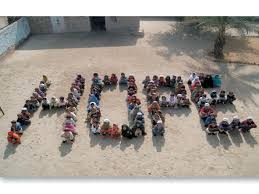
CAUSES AND CONSEQUENCES OF POVERTY TODAY
According to the World Research, more than one billion people today live on less than $1 per day. About 70% of those people are women, and almost half of the population of sub-Saharan Africa survives at that income level. We know that every 3.5 seconds, a child dies in the developing world from poverty-related circumstances.
At Royal Group Charity, we are deeply committed to serving and empowering the very poor to lift themselves out of poverty. But what is poverty exactly?
While on the surface poverty is often defined as a lack of income or assets, in the day to day lives of the very poor, poverty becomes a network of disadvantages, each one exacerbating the others. The result is generation after generation of people who lack access to education, health care, adequate housing, proper sanitation and good nutrition. They are the most vulnerable to disasters, armed conflict and systems of political and economic oppression and they are powerless to improve their circumstances. These conditions often carry with them dysfunctional family and societal relationships, paralyzingly low self-esteem, and spiritual darkness. Poverty is a lack of hope.
It’s clear that handouts and traditional aid are not enough to solve the problem of poverty and its many entanglements. Royal Group Charity Foundation seeks to equip the poor to free themselves from poverty in a holistic way.
We strongly believe that Hope can change so many lives in this world. Royal Group Charity Foundation hopes that our work and efforts would continue to be satisfactory and change many lives for a better and brighter future.
Spread the word
Help spread the word about Royal Group Charity and join the fight against poverty.
Royal Group Charity Foundation Agenda for 2017
Royal Group Charity Foundation Agenda for 2017 includes
(a) Protecting, educating and sheltering the families of the poor community to give our children a childhood and a bright future.
(b) Giving our children a childhood and a future by sheltering, educating and protecting families.
Royal Group Charity Foundation view and mission on Africa
Our mission is for every child on the continent of Africa to have full access to quality education.
we do this by building schools and providing educational opportunities.
Our vision is to increase the literacy rate on the continent of Africa where every child is given equal opportunity to obtain an education.
Royal investments and advocacy for education offer an opportunity to leverage resources to increase funding and commitment to the education sector.
Don’t Just Think About It – Do It!
To make an inspirational impact on charity through international professional Network.
WORLD HUMANITARIAN SUMMIT
On 23 – 24 May 2016 world leaders will meet in Istanbul to stand up for our common humanity and take action to prevent and reduce human suffering.
The World Humanitarian Summit is a joint effort by many governments and organizations that are committed to improving humanitarian action. The WHS would not be possible without their support and collaboration.
The purpose of the summit is to set a forward looking agenda for humanitarian action to collectively address future humanitarian challenges. The aim is to build a more inclusive and diverse humanitarian system committed to humanitarian principles.
The three main goals of the summit are:
Reaffirm our commitment to humanity and humanitarian principles.
Initiate actions and commitments which enable countries and communities to prepare for and respond to crises and be more resilient to shocks.
Share best practices which help save lives around the world, placing affected people at the centre of humanitarian action and alleviating suffering.
The United Nations’s Agenda for Humanity calls on global leaders to commit to five core responsibilities.
CORE RESPONSIBILITY A:
Global leadership to prevent and end conflict.
Preventing conflicts and finding political solutions to resolve them is our first and foremost responsibility to humanity.
CORE RESPONSIBILITY B:
Uphold the norms that safeguard humanity. Every day, civilians are deliberately or indiscriminately killed in wars. We are witnessing the erosion of 150 years of international humanitarian law.
But even wars have limits: leaders must recommit to upholding the rules that protect humanity.
CORE RESPONSIBILITY C:
Leave no one behind
The World Humanitarian Summit is the first test of our commitment to transform the lives of those most at risk of being left behind.
This means reaching everyone and empowering all women, men girls and boys to be agents of positive transformation. It means reducing displacement, supporting refugees and migrants, ending gaps in education and fighting to eradicate sexual and gender based violence.
CORE RESPONSIBILITY D:
Change people’s lives- from delivering aid to ending need
Success must now be measured by how people’s vulnerability and risk are reduced, not by how needs are met year after year. Ending need will require three fundamental shifts in the way we work:
1. Reinforce, don’t replace national system
2. Anticipate, don’t wait for crises
3. Transcend the humanitarian-development divide
CORE RESPONSIBILITY E:
Invest in Humanity
Accepting and acting upon our shared responsibilities for humanity requires political, institutional and financial investment.
As a shift is needed from funding to financing that invests in local capacities, is risk-informed, invests in fragile situations and incentivizes collective outcomes.






